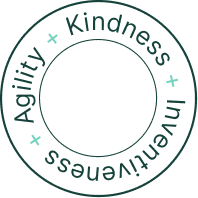

Empowering nature, we have one conviction: our expertise directly helps cope with the current climate challenges and contributes to everyone’s well-being.


In today’s world where society’s challenges and climate imperatives are of crucial importance, Osmaïa has understood the urgent need for immediate action.
The rise of urban environments means great care is required to make towns prettier, protect biodiversity and promote the well-being of residents. Sustainable practices and raised awareness are necessary to cope with these challenges. Current climate imperatives demand concrete measures to reduce carbon footprints and promote a far more sustainable economy.
Nature is our business. We owe the natural world everything. We want to do our utmost to equal what nature offers us.
Preserving biodiversity, optimising resources, reducing our carbon footprint and that of our customers… These are all priorities in everything we do.
This commitment is shared by our staff. Osmaïa is fully engaged to ensure its employees’ well-being, working hard at it every day.
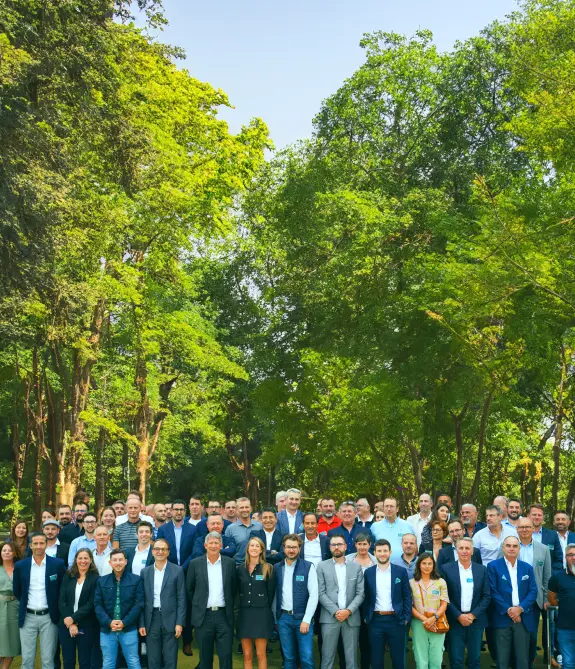
Our corporate culture is based on ethical and sustainable practices.
This means promoting social responsibility, equality, diversity and inclusion within our organisation.
We work hard to sustainably landscape the outdoor spaces entrusted to us, studying and respecting all eco-systems and preserving biodiversity.
A team of ecologists monitors our operations and tracks our work.
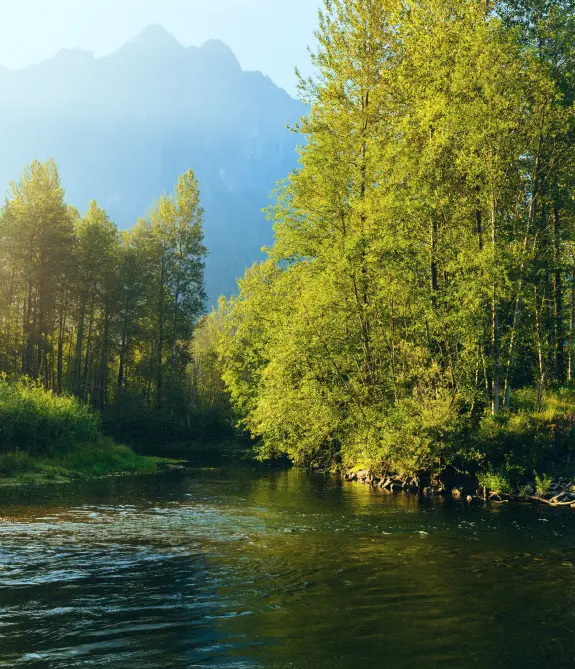
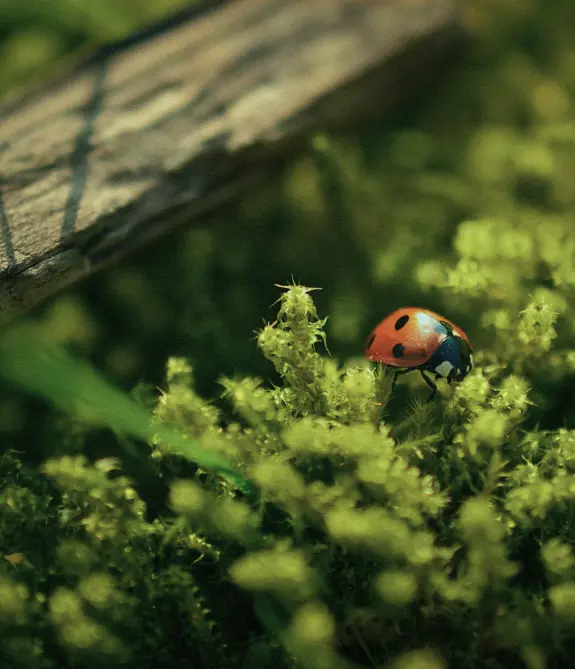
Protecting our environment is our priority.
We strive to reduce our carbon impact, minimise our waste, reduce our energy consumption and use renewable energy resources.
We prioritise the health, safety and quality of life of our employees.
We are focused on creating healthy, safe and pleasant work environments, encouraging work-life balance and ensuring the general well-being of our teams.
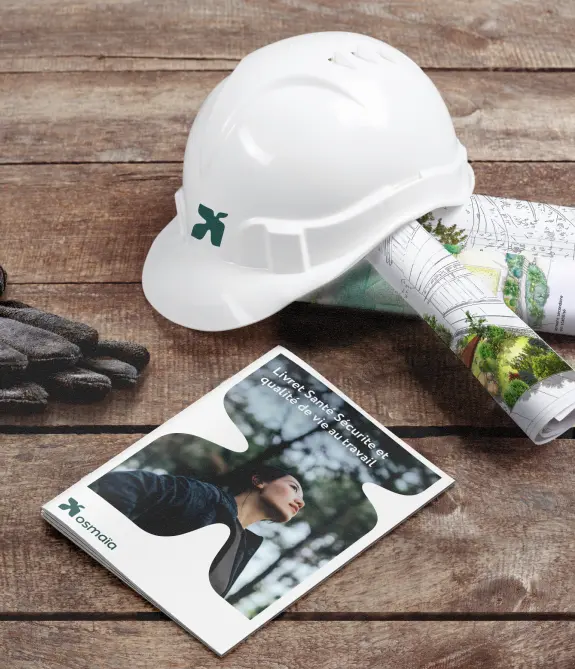
Our certifications, labels and distinctions testify to our organisational systems. Our expertise engages our responsibility in terms of quality, safety and compliance with our sustainable commitments.
The ISO 9001 standard proves we are customer-focused and have a continuous improvement process. It ensures the motivation of our staff, that we use a process-based approach, proof-based decision-making and manage our resources efficiently. It guarantees the best possible user experience and proactive management.
The ISO 14001 standard concerns environmental management. It implies reduced ecological impact, legal compliance, commitment to sustainability, staff awareness, monitored environmental performance and constant research into more eco-friendly practices ensuring our environmental responsibility.
The ISO 26000 standard is focused on corporate social responsibility. It encourages transparency, contribution to society, ethical management, respect for stakeholder interests, environmental responsibility and promotion of social values, encouraging positive and ethical contributions to society.
MASE certification attests to a company’s commitments in terms of safety, health and the environment. MASE is there at every stage, from strategy to implementation. Thanks to our company-wide approach, it involves every partner and stakeholder ensuring a unified and consistently safe, healthy and environmentally-friendly organisation.
The Engagé RSE Label is linked to the United Nations’ 17 Sustainable Development Goals and gives organisations an overview of their CSR programme’s contribution to the 2030 Agenda.
The EcoVadis label certifies companies’ environmental, social and ethical performances. Managed by a collaborative platform, it assesses specific criteria and responsible values. Awarded after expert assessment, it ensures compliance to sustainability standards and testifies to a company’s commitment to social responsibility.
The Certiphyto label attests to the expertise of companies using plant protection products. Managed by a specialised organisation, it is based on technical criteria and environmental standards, assessing a company’s commitment to responsible use. Certification is awarded after peer review, ensuring the quality of the company’s practices.
The CEDRE quality label from the COORACE federation is designed to help companies working in the social and community sector improve. It goes beyond COORACE members to meet the needs of less secure workers and local requirements. Focused on ethics, collaboration and management, it ensures compliance with the guidelines, provides a shared framework and promotes continuous improvement.
Kalisterre is a qualification for ecological engineering and is managed by an organisation that brings together businesses in the sector. Founded on precise standards and guidelines, it assesses commitment to biodiversity using technical criteria and human values. The qualification is awarded after on-site assessment and review by expert ecological engineering peers.
The Qualipaysage label certifies the quality of companies working in landscaping. Awarded by a non-profit organisation, it focuses on technical criteria and specific values assessing commitment to the environment. This label is obtained after on-site assessment and review by expert landscaping peers and guarantees the quality of services provided.
The Qualisport label certifies the quality of sports organisations. Awarded by a dedicated organisation, it assesses the technical criteria and values associated with sport. This label is obtained after on-site assessment by sector experts and guarantees quality of service and commitment to demanding sports standards.
The QP Label for Landscaping covers two types of work identified and defined by two distinct specialities: ground work and planting, and outdoor landscaping.
The QP Label for Ecological Engineering covers six types of work identified and defined by six distinct specialities: restoration and maintenance of land habitats (open or closed), restoration of soil morphology, restoration of aquatic habitats, plant engineering, bio-purification, work and/or habitats that benefit fauna.
The QP Label for Landscaping Maintenance testifies to the technical expertise that will promote plant diversity, lead to a balanced and broad range of plant species in harmony with urban or rural human activity and respect past cultivation approaches.
Any questions?
We’ll be pleased to help.